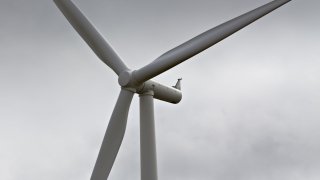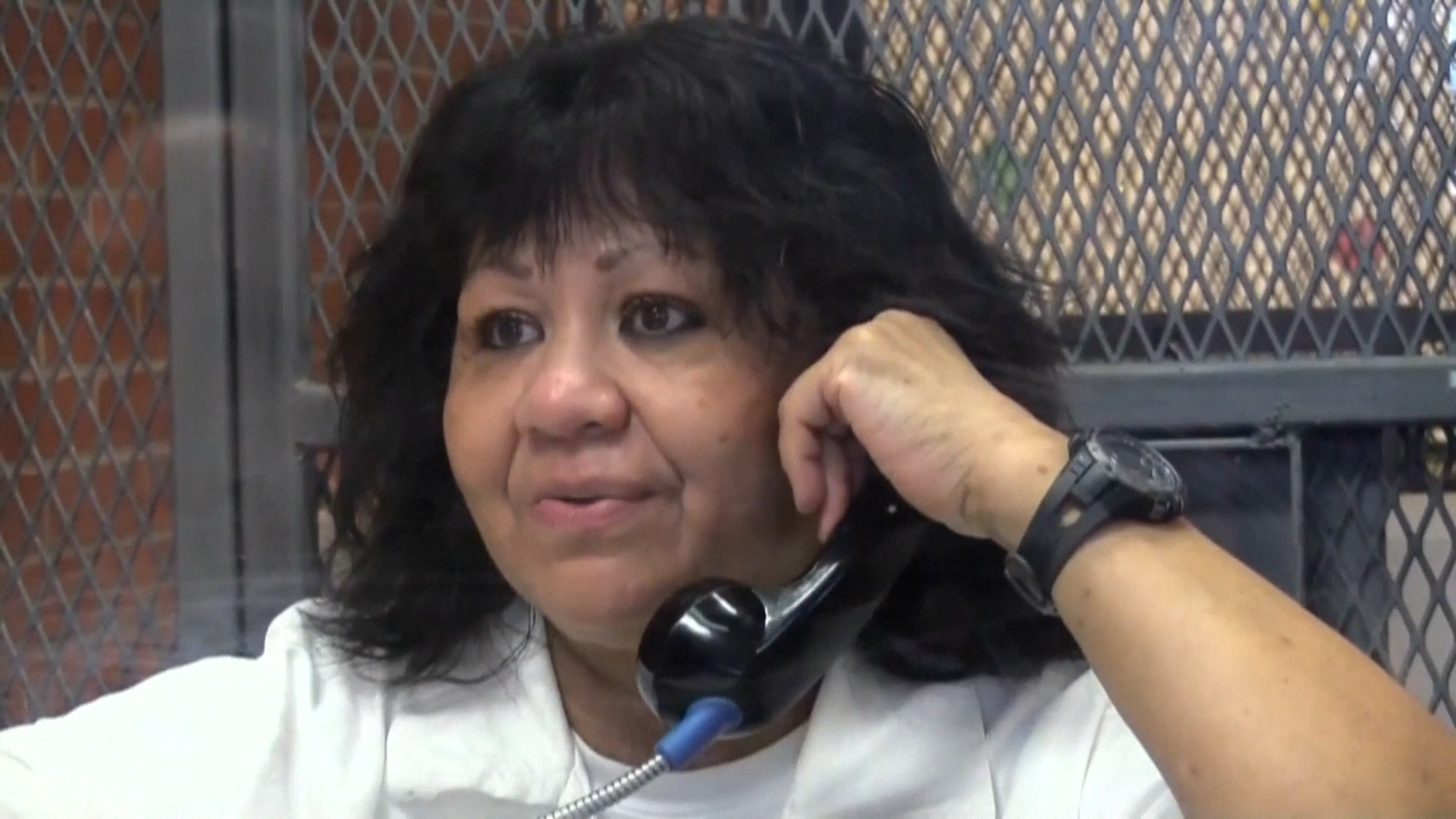
The Biden administration said Wednesday it is considering the first-ever lease sale for offshore wind energy in the Gulf of Mexico, a key part of a push to deploy 30 gigawatts of offshore wind by 2030 to help fight climate change.
The proposed sale, which could take place as soon as this summer, includes areas offshore Lake Charles, Louisiana and Galveston, Texas, for roughly 3.6 gigawatts of electricity, enough to power about 1.3 million homes.
The Bureau of Ocean Energy Management plans to open a 60-day public comment period on Friday. The area offshore Lake Charles could be modified and possibly shrunk based on the comments received, and BOEM may decide to offer only one of two lease areas proposed off Galveston.
The Gulf is the nation’s primary offshore source of oil and gas, generating about 97% of all oil and gas production on the U.S. Outer Continental Shelf, according to BOEM.
Get DFW local news, weather forecasts and entertainment stories to your inbox. Sign up for NBC DFW newsletters.
The National Ocean Industries Association, which represents both traditional oil and gas offshore energy companies and wind power, said that offshore wind, along with regular and predictable offshore oil and gas leasing, can help the Gulf of Mexico expand its “remarkable and irreplaceable energy portfolio.”
The Biden administration set a goal of deploying 30 gigawatts of offshore wind by 2030 using traditional technology that secures wind turbines to the ocean floor, enough to power 10 million homes. Additionally it announced plans in the fall to develop floating platforms in the deep ocean for wind towers that could vastly expand offshore wind in the United States, with up to 15 gigawatts of electricity from floating sites by 2035 to power 5 million homes.
Interior Secretary Deb Haaland, who announced the proposed sale Wednesday. said there is “no time to waste in making bold investments to address the climate crisis.” Building a strong domestic offshore wind industry is key to meeting that challenge head on, she said.
Texas News
News from around the state of Texas.
Scientists say clean electricity such as wind power must replace electricity from burning coal and gas as soon as possible to reduce the severity of climate disturbance.
Danish wind developer Ørsted is already investing in infrastructure and vessels in the Gulf region for its planned U.S. offshore wind farms. Hayes Framme, the head of new markets and supply chain for Ørsted, applauded the proposed sale and said the company is assessing these new opportunities. The Gulf of Mexico has long experience in the offshore energy industry and that will benefit projects in the new lease areas, Framme added.
The Interior Department recently held lease sales for offshore wind projects in New York and New Jersey, North Carolina and South Carolina, and the first-ever Pacific sale off the shore of California.
Wind speeds in the Gulf of Mexico are not as strong as along the California coast or the Northeast coast of the U.S. Just one mile per hour or meter per second difference in the speed of the wind makes a big difference in the power generated by a wind turbine. Multiplied over a field of turbines, these siting decisions mean real differences in the profitability of a project.
But the wind does blow at just the right time along the Texas coast — in the early evening as solar energy is fading, according to Crystal Shen, a senior project engineer in the renewables group at UL Solutions. A wind farm in the Gulf would be close to towns and cities that need a lot of power, including Houston, and diversifying sources of electricity could relieve congestion on the grid, she added.
Other big factors for deciding where to build include how much port and transmission infrastructure there is, and whether the seafloor allows for drilling, Shen said. The waters in the Gulf are shallow enough for traditional technology that secures wind turbines to the ocean floor. The proposed lease areas total nearly 302,000 acres.
Josh Kaplowitz, vice president for offshore wind at the industry group American Clean Power, said the proposed sale will continue the legacy of energy production in the Gulf of Mexico, providing Americans with an affordable clean energy supply.
The sale remains tentative. Interior said it will decide whether to proceed after the public comment period in late April.



